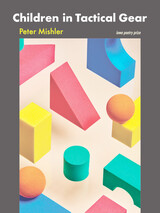10 start with T start with T
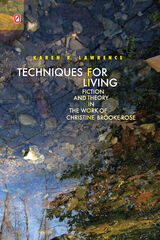
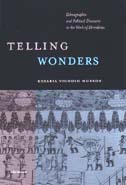
As he explores the causes of the East-West conflict from its most remote antecedents, Herodotus includes conflicting traditions about different historical periods as well as apparently tangential descriptions of the customs of faraway peoples. What was his aim in combining such diverse material? Rosaria Vignolo Munson argues that Herodotus' aim was two-fold: to use historical narrative to illuminate the present and to describe barbarian customs so that the Greeks might understand themselves.
Herodotus assumes the role of advisor to his audience, acting as a master of metaphor and oracular speech and as an intellectual fully aware of new philosophical and political trends. By comparing, interpreting, and evaluating facts through time and space or simply by pointing them out as objects of "wonder," he teaches that correct political action is linked to an appropriate approach to foreigners and additional "others." Munson relies on traditional scholarship and modern studies in narratology and related critical fields to distinguish between narrative and metanarrative, providing a framework for analyzing the construction of Herodotus' discourse and his presentation of himself through it.
Munson's work will be useful to classicists and ancient historians and will also engage anthropologists interested in cultural interaction and notions of ethnicity and literary critics interested in narrative constructions.

To love and to work, Freud's famous definition of psychological maturity, here becomes the focussing principle for a renewed examination of the dominant themes that play themselves out in adult life. Erik Erikson, Neil Smelser, and nine leading experts in adult development consider the stages that adults pass through and the crises that adults confront as they attempt to create a meaningful life.
Themes of Work and Love in Adulthood is a book that raises many fascinating questions about adult experience. How, for example, does work affect personality? Are love and work in competition; must one be pursued at the expense of the other? Is there a point in life past which men lay less stress on mastery and turn more toward emotional fulfillment? And do women experience a shift in the opposite direction? More generally, why do adult crises fall into predictable patterns and how do adults grow as they respond to these crises? Is the recent broadening of standards for adult conduct an opportunity for personal liberation or a source of personal debilitation?
Much more than a summary of current work on adulthood, Themes of Work and Love in Adulthood is a book full of unusual rewards: Erik Erikson's sensitive reconstruction of the entanglements of love and work revealed in the correspondence between Freud and Jung; Ann Swidler's fascinating discussion of the historical transformation of the love ideal from medieval times to its contemporary form; Robert LeVine's analysis of the adult life course in an African culture. When these unique essays are added to the important position papers by major theorists of adult development—Daniel Levinson, Roger Gould, and Marjorie Fiske—the result is a book that is both useful and exciting.
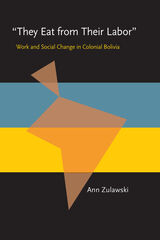
A study of the growth of the indigenous labor force in upper Peru (now Bolivia) during colonial times. Ann Zulawski provides case studies in mining and agriculture, and places her data within a larger historical context than analyzes Iberian and Andean concepts of gender, property, and labor. She concludes that although mercantilism made a critical impact in the New World, the colonial economic system in the Andes was not yet capitalist. Attitudes of both indigenous peoples and Spanish colonizers hindered the process of turning work into a commodity. In addition, the mobilization of labor power both reinforced and undermined each society's ideas about the economic and social roles of men and women.
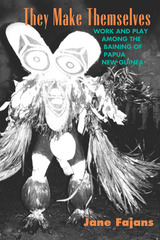
In a new work sure to evoke considerable repercussions and debate in anthropological theory, Jane Fajans courageously takes on the "Baining Problem," arguing that the Baining define themselves not through intricate cosmologies or social networks, but through the meanings generated by their own productive and reproductive work.
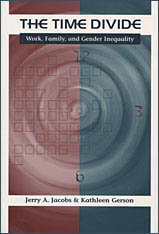
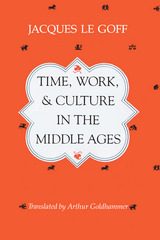

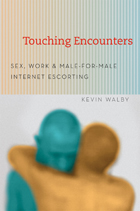

READERS
Browse our collection.
PUBLISHERS
See BiblioVault's publisher services.
STUDENT SERVICES
Files for college accessibility offices.
UChicago Accessibility Resources
home | accessibility | search | about | contact us
BiblioVault ® 2001 - 2024
The University of Chicago Press


